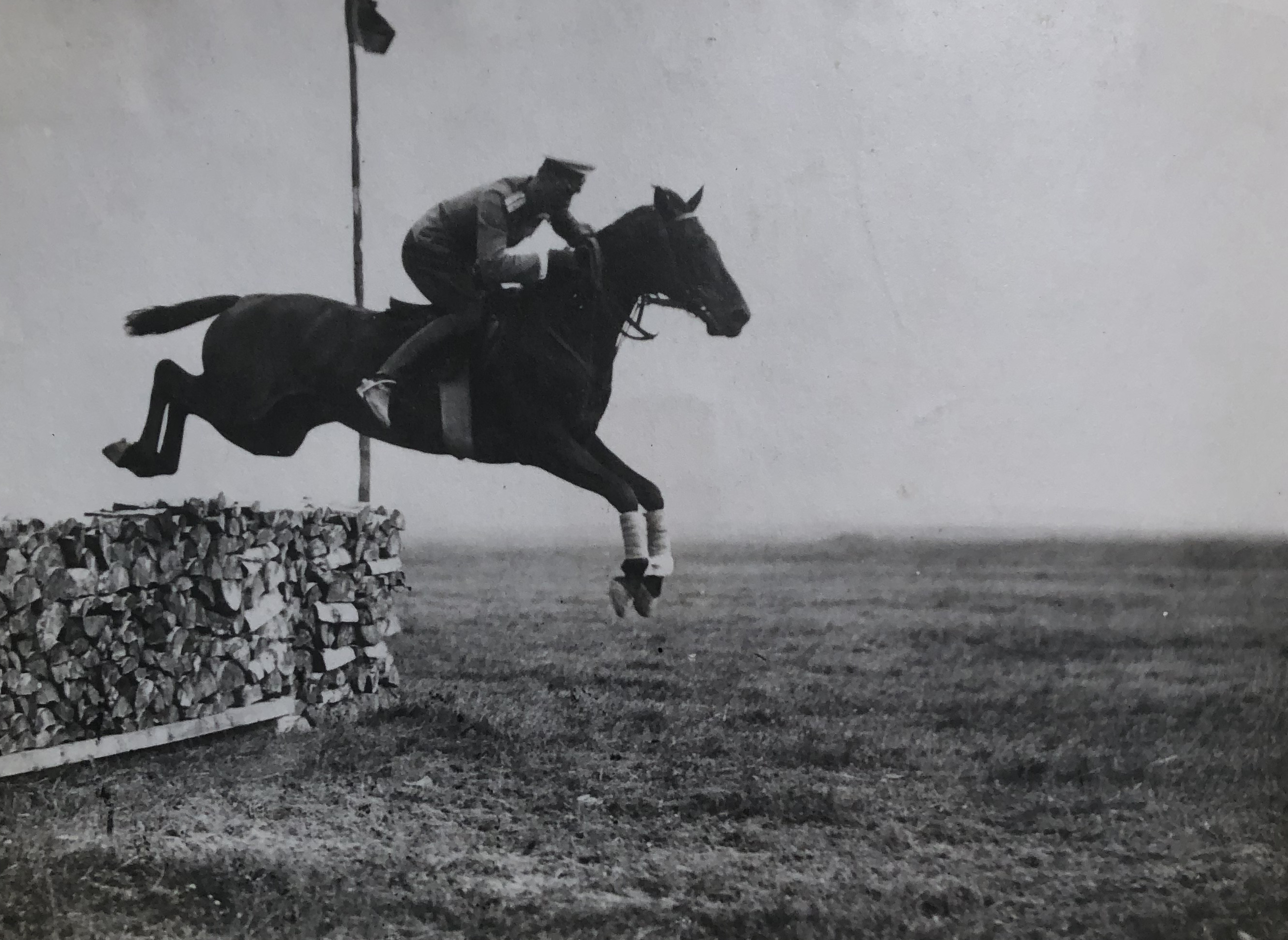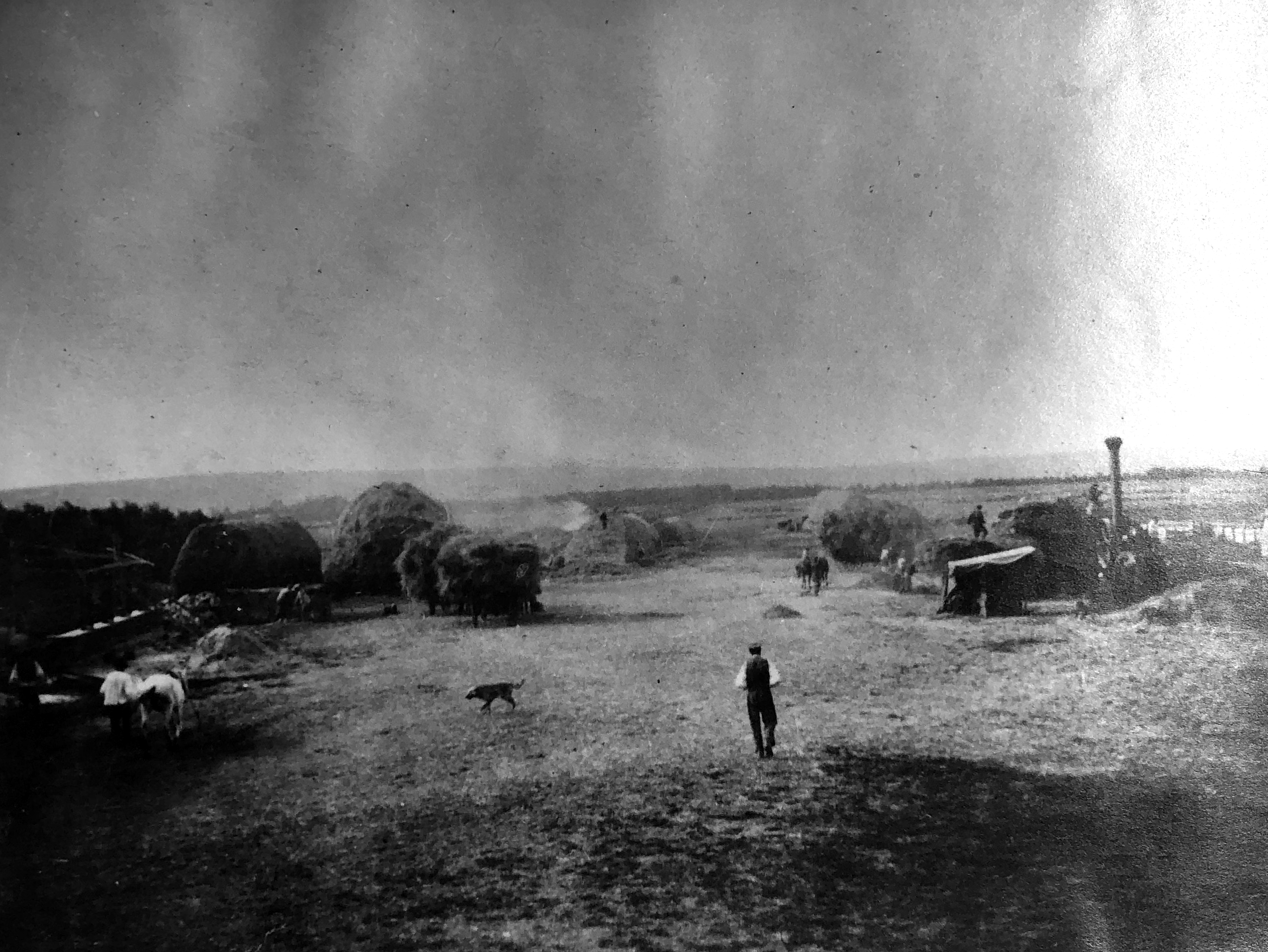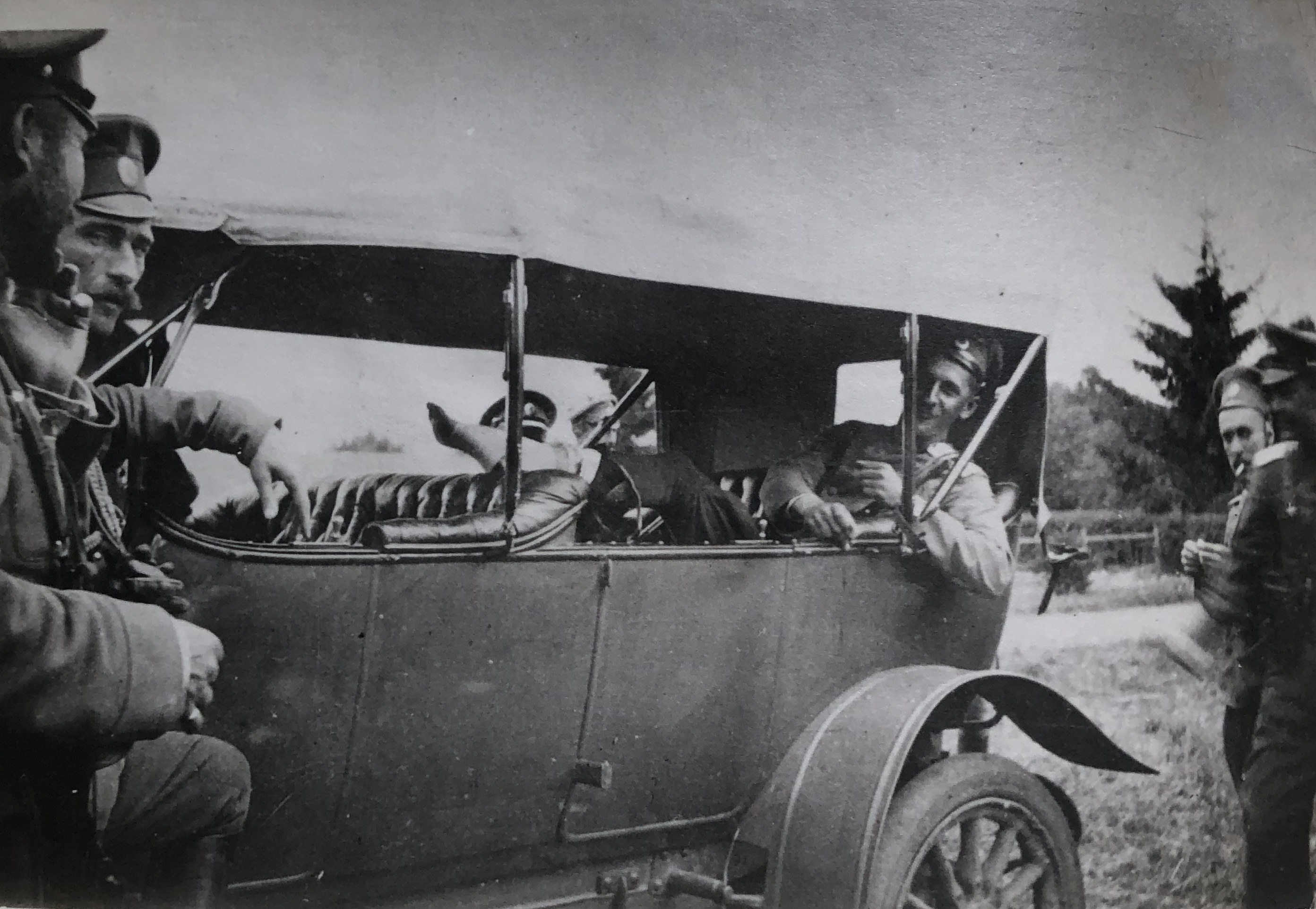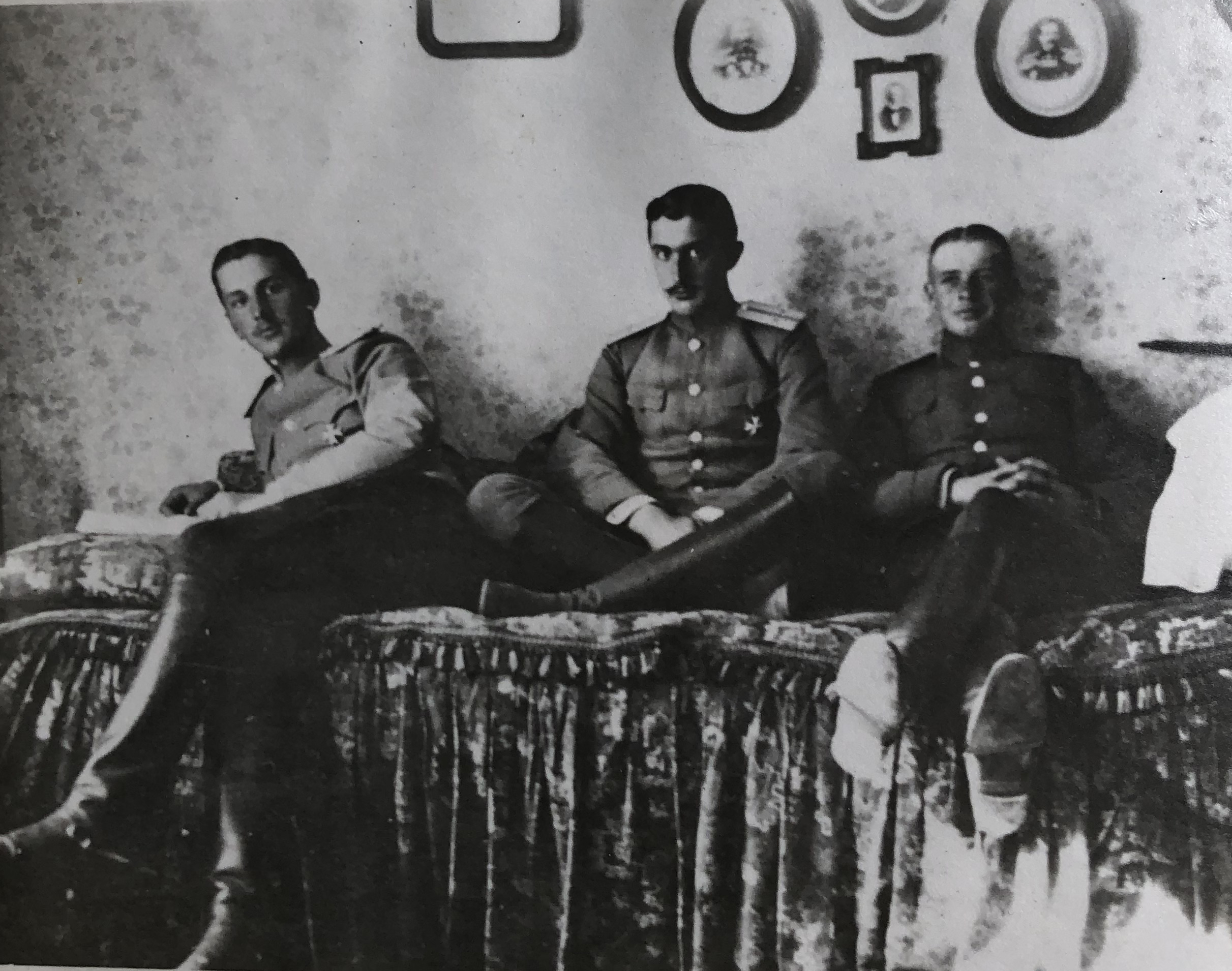
Former People
Archival Research
project brief: historic research on the lost world of the russian nobility
category: historical research
collab: in collaboration with archives, memoirs and academic papers

The night of February 23, 1913, unbenownst to all in attendance, was the last large-scale celebration of Imperial Russia. Culminating weeks of celebrations throughout the country and capital commemorating the three-hundredth year of Romanov rule, the Saint Petersburg nobility gave a great ball at its meeting at Mikhailovskaya Street.
In attendance were three thousand members of the nobility, the Imperial Family, including Grand Duchess Olga, then seventeen, at her first official event. Artists, musicians, politicians, scientists, military leaders, poets, writers danced the polonaise, waltz, quadrille, cotillon, mazourka with a large number of natural flowers and bright ribbons.
In five years, the entire world that composed this night would be gone forever.


The study of this shipwrecked world has evaded historians since its destruction in 1917, as the records of these people were systematically destroyed and scattered.
Their collective story is filled with imprisonment, exile, and execution, of looted palaces and burning estates, of desperate flights in the night from violent peasants and bolshevik soldiers. It is the story of the dispossesion and destruction of a centuries’-old elite,
who came from a wide variety of backgrounds and levels of material wealth. The one thing they held in common was the upkeep of the nation, whether it be through political or military service, cultural or intellectual production.
Utilizing personal accounts held as family heirlooms and the few academic accounts of these events, this project illustrated the ways in which history can forget.
Collecting and synthesizing records that had been scattered and forgotten, the exhibition focused on giving these events an exaggerated academic historical treatment.



